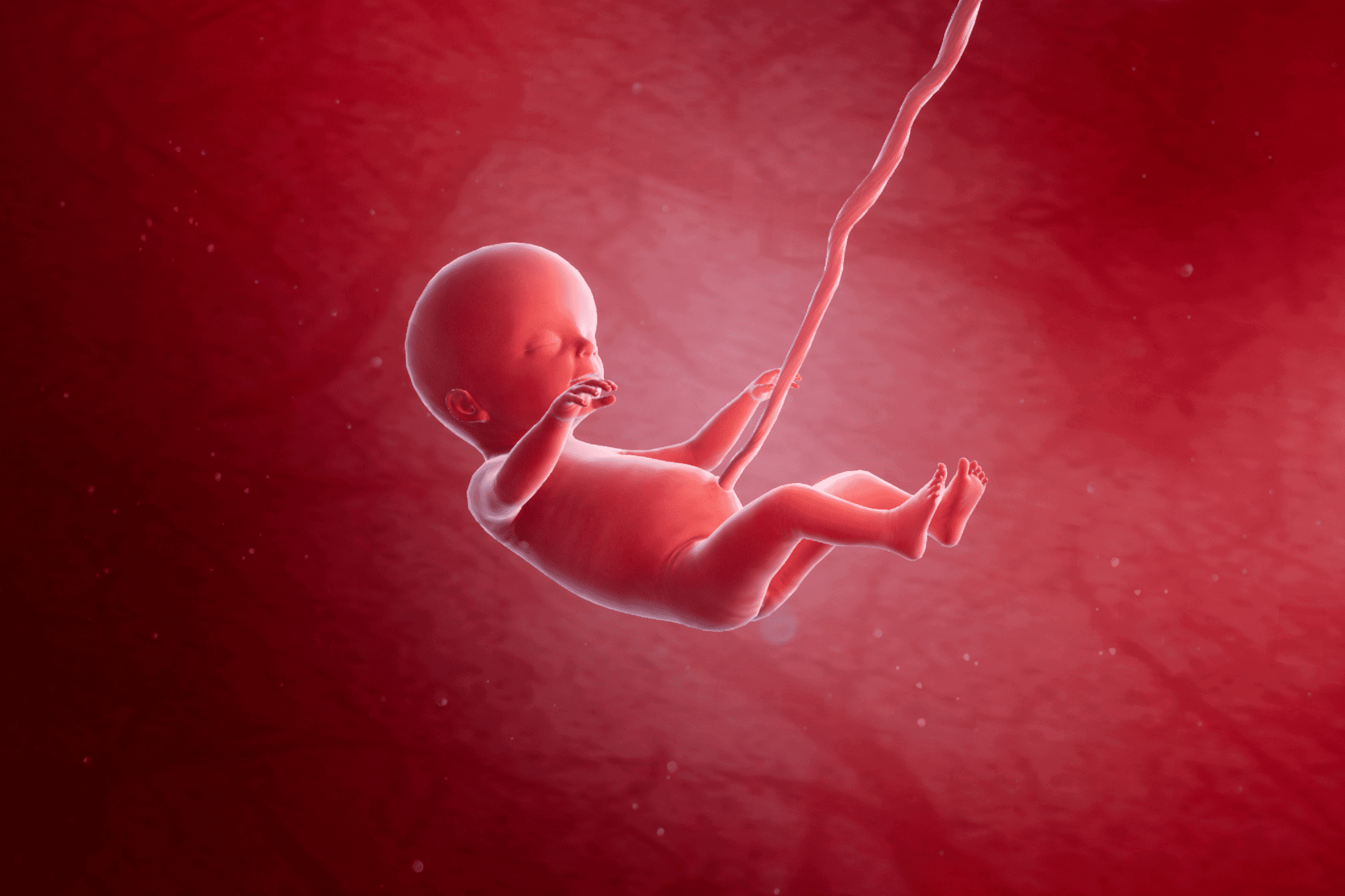Your Pregnancy, Week 20


You have reached week 20 and are now officially at the halfway point of a typical 40-week pregnancy, congratulations!
Your Body
Hopefully by now, you are at a comfortable stage in your pregnancy. As long as you are getting plenty of exercise, taking any necessary prenatal vitamins, and eating lots of small, healthy meals, you can be confident that you are maximising your chances of maintaining a healthy pregnancy. Remember it is also important to continue to attend your regular check-ups with your midwife or doctor.
Many women in the middle of their second trimester notice that their hair and skin have a definite “pregnancy glow”; with both looking in better condition than normal. So, what is this and where does this pregnancy glow come from?
Actually, as with the more unpleasant signs of pregnancy, such as nausea, fatigue, increased allergy symptoms and dizziness, these changes are caused by fluctuating hormone levels and increased blood volume. With regards to the skin, your body is now producing excess progesterone, which reduces the appearance of acne. Furthermore, the increased blood flow causes the veins closest to the surface of the skin to expand slightly, giving many women a rosy flush. As for your hair? During pregnancy, the normal cycle of hair growth and loss is disrupted. You continue to grow new hair, but the normal rate of hair loss reduces, and some women stop losing hair altogether, resulting in a noticeably thicker head of hair. Will it last? Unfortunately not; after birth, your hair and nails will return to the way they were before pregnancy. In fact, some women notice excessive hair loss after delivery as the pattern of growth and loss is reestablished.
What other signs of pregnancy might you be experiencing by week 20? The skin can undergo a few changes in appearance during pregnancy, which might surprise you. Your palms might be darker, and you might have exaggerated dark pigmentation spots on your body, face and neck. When present on the face, the condition is described as the ‘mask of pregnancy’. This hyperpigmentation is nothing to be worried about, is mainly due to hormonal changes and will usually disappear after delivery. You might also notice a hard ridge running down your stomach just under the skin. This is caused by the separation of your abdominal muscles to make room for the uterus as it expands, although not all women will be able to feel the muscular ridge. The abdominal muscles should close up again after delivery, but some women have continued separation, meaning they should be careful when exercising postnatally.
Your Baby
Your baby’s foetal age is now 18 weeks. Although it varies, your baby is probably somewhere around 250 – 285g, with a crown-to-rump length of 16cm. Your baby has elongated now, so is about the size of a banana.
Your uterus is continuing to expand to create room for your growing baby, and your doctor or midwife will be monitoring the growth to ensure it lies within a normal range. The ‘normal’ range differs depending on your pre-pregnancy Body Mass Index (BMI) and whether this is your first pregnancy or not. Your healthcare provider will monitor the size over time to ensure that your growth rate is constant, even if your uterus does measure on the low side of normal. If the growth rate slows or increases, or if you are measuring particularly small or large, you may be sent for an additional ultrasound, just to ensure that things are progressing as they should. An ultrasound will give a more accurate measurement of your baby’s size, as well as allowing the doctor to check the amount of amniotic fluid.
Your baby’s development to this point has been all about ensuring the major organ systems are in place, creating a bony skeleton and linking the nervous system to the brain. From week 20 onwards, the rate of ‘large-scale’ development will slow down. In less than one month, your baby will be medically viable, meaning he or she could survive outside the womb. However, intensive medical intervention would be necessary and it is far better for the baby to continue developing inside your womb for the next four months or so.
Babies at 20 weeks already have fully functioning digestive systems. They swallow amniotic fluid and create a thickish, black waste product called meconium. You will get firsthand experience of what meconium looks like once your baby is born, as their first bowel movements are thick, black and tar-like.
Doctor’s Tip:
“Sometimes you may need to see other specialists during your pregnancy, like a maternal foetal medicine specialist or a paediatric heart doctor, to fully understand how your baby is developing”.
Your Pregnancy, Week 19 < > Your Pregnancy, Week 21
Powered by Bundoo®










































